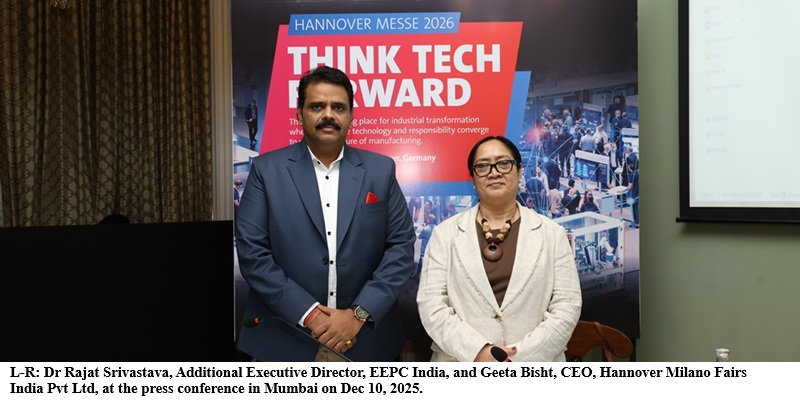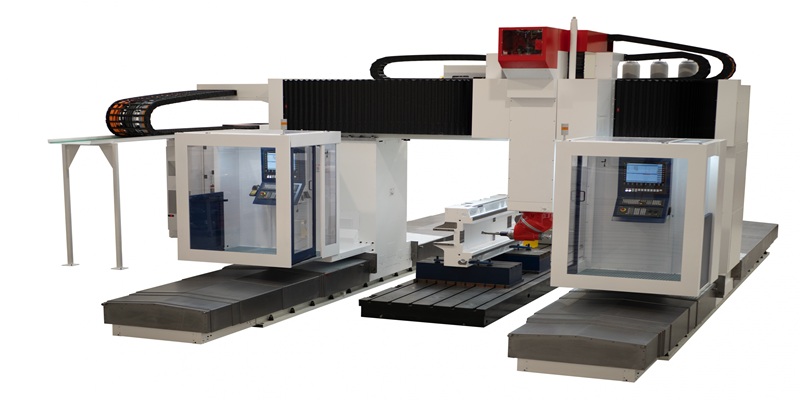Schedule a Call Back
Indian manufacturing industry roaring ahead
 Technical Articles
Technical Articles- Apr 26,18

- Bank recapitalisation
- The steel policy
- Re-establishment of coal linkages
- Establishment of industrial corridors
- Formation of the national grid for energy distribution
- Reduction of income tax rate for MSME companies
Related Stories

Hannover Messe 2026 to focus on automation & digitalization, adds Defense Area
At the upcoming Hannover Messe, AI will be a recurring theme throughout all the halls, and will play a central role on almost all stands.
Read more
HANNOVER MESSE Launches New Defence Production Area in Hall 26
This new platform fosters direct connections between suppliers and users, facilitating targeted dialog on industrial production for security-critical applications.
Read more
Igus expands readycable portfolio with new cables for industrial camera tech
Ready-to-connect, durable and tested cables with Keyence plug-in connectors increase the reliability of vision systems.
Read moreRelated Products

Integrated Electric Gripper S Series
IBK Engineers Pvt Ltd offers a wide range of integrated electric gripper S series.

Geared Electric Motors
Delco Fans Pvt Ltd offers single phase capacitor run and three
phase geared Instrument motors, totally enclosed face/foot mounted.

“Kusam-Keco” Partial Discharge Acoustic Imager - Model - Km-pdai
‘Kusam-Meco’ has introduced a new “Partial Discharge Acoustic Imager Model KM-PDAI.















